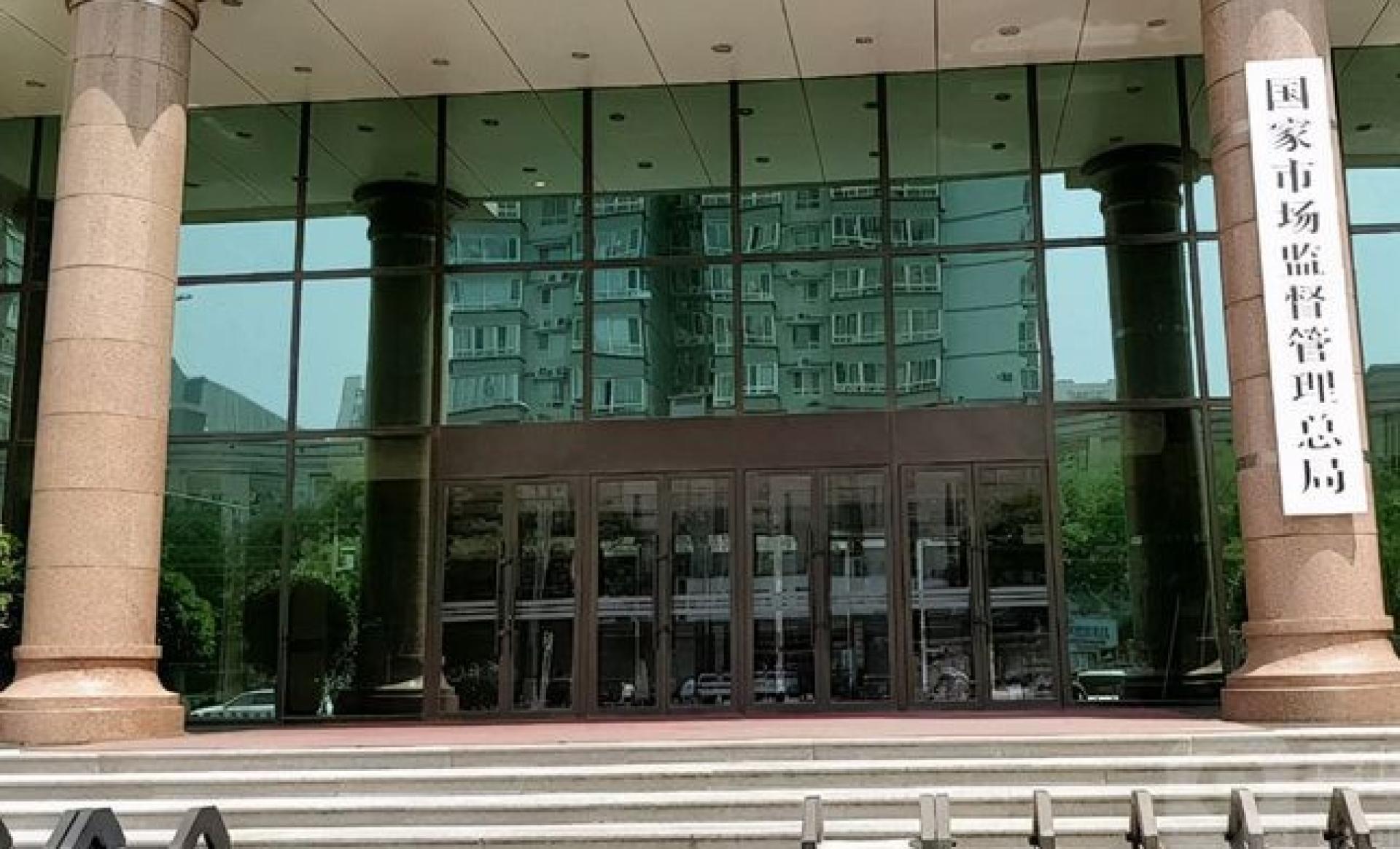China’s authorities have issued a notice requiring the strengthening of food safety measures during the summer and flood seasons, and to intensify daily supervision particularly on foods for key populations such as infants, as well as on relief food.
The State Administration for Market Regulation of China announced on its official website on Saturday (July 26) that the Food Safety Commission Office of the State Council has issued a notification, requiring local food safety offices to effectively play a coordinating role, strengthen food safety work during the summer and flood seasons, and make every effort to safeguard the dietary safety of the people.
The notice urges food production and operation enterprises to strictly implement the "daily management, weekly inspection, monthly scheduling" system, and to conduct comprehensive risk screening of location environment, facilities and equipment, raw material procurement, processing and manufacturing, storage management, and personnel health; to thoroughly carry out raw material sorting, environmental cleaning, equipment maintenance, and utensil disinfection, to ensure compliance with food production and operation requirements; to take effective measures to prevent contamination of food and food-related products, strictly guard against corrupted, unclean, contaminated foods and raw or semi-finished products entering the market, and to promptly dispose of contaminated or spoiled food.
The notice emphasizes that all regions should intensify routine supervision for high-consumption food such as grains, meat, eggs, milk, seasonings, foods for key populations such as infants and the elderly, as well as foods centrally dispatched, donated, or sold to disaster areas and those produced and sold by enterprises in affected areas; any unqualified foods found through random inspection must be pulled off shelves or recalled according to law, and corresponding disposal measures must be taken.
Localities should also promptly investigate and handle illegal violations discovered through daily supervision, the 12315 platform, the national internal whistleblower system for food safety, and other channels; crack down harshly on the production and sale of fake, substandard, expired, spoiled, and floodwater-soaked foods in disaster-stricken and rural areas, urban villages, and other key regions; and should promptly issue food safety consumption advisories, strengthen public opinion monitoring and guidance, dispel misinformation in a timely manner, and respond to public concerns.
The State Administration for Market Regulation of China announced on its official website on Saturday (July 26) that the Food Safety Commission Office of the State Council has issued a notification, requiring local food safety offices to effectively play a coordinating role, strengthen food safety work during the summer and flood seasons, and make every effort to safeguard the dietary safety of the people.
The notice urges food production and operation enterprises to strictly implement the "daily management, weekly inspection, monthly scheduling" system, and to conduct comprehensive risk screening of location environment, facilities and equipment, raw material procurement, processing and manufacturing, storage management, and personnel health; to thoroughly carry out raw material sorting, environmental cleaning, equipment maintenance, and utensil disinfection, to ensure compliance with food production and operation requirements; to take effective measures to prevent contamination of food and food-related products, strictly guard against corrupted, unclean, contaminated foods and raw or semi-finished products entering the market, and to promptly dispose of contaminated or spoiled food.
The notice emphasizes that all regions should intensify routine supervision for high-consumption food such as grains, meat, eggs, milk, seasonings, foods for key populations such as infants and the elderly, as well as foods centrally dispatched, donated, or sold to disaster areas and those produced and sold by enterprises in affected areas; any unqualified foods found through random inspection must be pulled off shelves or recalled according to law, and corresponding disposal measures must be taken.
Localities should also promptly investigate and handle illegal violations discovered through daily supervision, the 12315 platform, the national internal whistleblower system for food safety, and other channels; crack down harshly on the production and sale of fake, substandard, expired, spoiled, and floodwater-soaked foods in disaster-stricken and rural areas, urban villages, and other key regions; and should promptly issue food safety consumption advisories, strengthen public opinion monitoring and guidance, dispel misinformation in a timely manner, and respond to public concerns.
